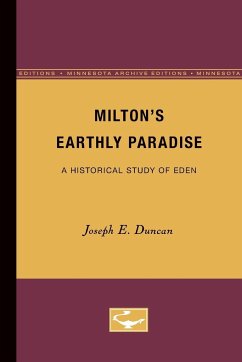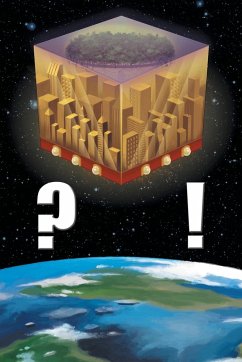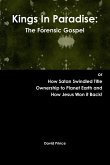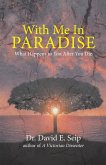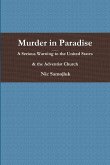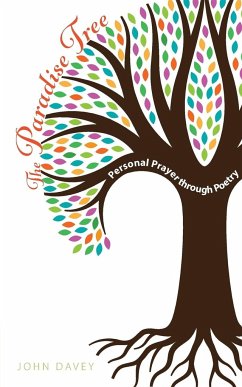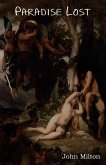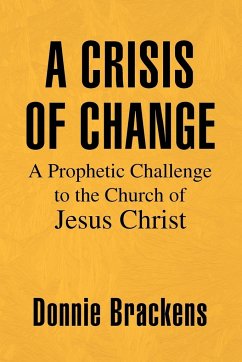Milton's Earthly Paradise was first published in 1972. Minnesota Archive Editions uses digital technology to make long-unavailable books once again accessible, and are published unaltered from the original University of Minnesota Press editions. This study provides a history of the changing interpretations of the first earthly paradise-the garden of Eden-in Western thought and relates Paradise Lost and other literary works to this paradise tradition. The author traces the beginnings of the tradition as they appear in the Bible and in classical literature and shows how these two strains were joined in early Christian and medieval literature. His emphasis, however, is on the relation of Paradise Lost to Renaissance commentary and to other literary works of the period dealing with the paradise story. Professor Duncan views Paradise Lost as one of many Renaissance works that reveal an untiring effort to understand and explain the first chapters of Genesis. In the rational and humanistic commentary of the Renaissance, he explains, the aim was to provide an interpretation of the literal sense of the Scriptural account that was credible, detailed, and historically valid. He finds that the cumulative influence of the commentary is reflected in Milton's attention to the location of paradise, the emphasis on the natural and the rational in his description of paradise, and in the importance of the typological relationship between the terrestrial and celestial paradises. This illuminating discussion makes it clear that Milton's re-creation of paradise is not only superb poetry but also a penetrating account of the origins of man, involving highly complex and controversial issues.
Bitte wählen Sie Ihr Anliegen aus.
Rechnungen
Retourenschein anfordern
Bestellstatus
Storno

